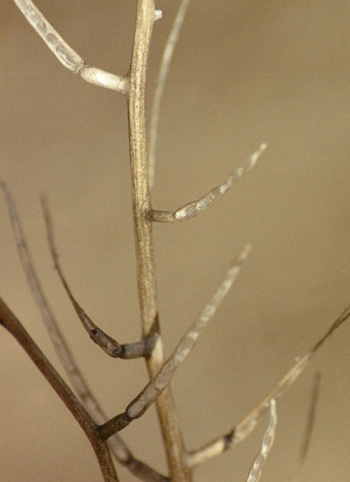
It was a big car, and new, one of those oddly bulbous models, thick and snout shaped. I was idling behind it at a red light when the housing around its license plate caught my eye. Rather than simply bearing a dealership name, it read: St. Pio. Pray, hope, and don't worry.
I'd usually dismiss such surreally situated religious advice as tacky, but, for some reason, this little automotive sermon moved me. Maybe it was the weather -- days of chill fitful rain followed by days of cold gusty downpours. I'd begun to doubt the very existence of the sun. I wanted to believe in something. Or maybe it was the overwhelming Catholicity of the intersection where I was idling, dominated by the sheer, somber red-brick, rain-darkened facade of St Agnes' Church, and its nearby rectory and parochial school, leaving no doubt what saint was boss of that little corner of Arlington.
Or maybe it was my initial misreading of the saint's name.
St. Plo ? I've never heard of him. Or her. What an odd name. Eastern European, maybe. Or something out Calvino's Cosmicomics. Could it be a joke ? About J. Lo ? That I'm just not getting ?
Or maybe it was the strangeness of the quote itself -- the grave "Pray, hope," followed by the banal and chipper "don't worry." It reminded me more of that old pop tune, "Don't Worry, Be Happy !" than of a standard religious exhortation. What obscure Eastern European (or extraterrestrial) saint could have uttered such a hybrid spiritual prescription ? The same one who also might have advised
Repent, relax.
Praise God, eat roughage.
Google -- that hagiography-of-hagiographies -- quickly corrected me. Saint Pio was a Capuchin who died in 1968, who known for his extreme piety, his long, contemplative masses, his love of and dedication to ceaseless prayer and his compassion for miscreants. He was in poor health, which he bore uncomplainingly, ate very little, worked 19 hours a day and never took a vacation. He also had stigmata. Sweetly perfumed stignata. And could "bilocate.""Pray, hope and don't worry" was, apparantly, his motto. Maybe it sounds better in Italian.
The upright seedpods of mustard plants remind me of the upraised arms of people praying. Reaching heavenward, outward, upward. Imploring, addressing, welcoming, calling down, calling forth. Desiring. Submitting. It's a vulnerable posture, practically begging for a heavenly wounding, a ravishment. The mustards are, of course, cruciferae -- evoking the ultimate Christian wounding.
But it's spring, the season of flowers. Seedtime's month's away. But just as Easter is implicit in Christmas, it's secretly afoot. The four-petaled mustards are everywhere -- small ones, tall ones, white ones, yellow ones, sparsely and densely flowered ones. Observing them week after week, I suddenly understood their modus operandi. How they get from point A -- pretty little blossoms -- to point B -- sere upraised arms.
As the petals and stamens drop away, only the long, fructified, green pistils remain. They become the mustard plant's upraised arms. And, lest we forget, moving outward from the ovary, up the pistil's slender style, we reach the very end of the arm, the palm, the stigma -- the point of fertilization, ravishment, wounding --
I watched the pale ark of a car turn left and sail down Mass. Ave. toward Boston. Full of a strange, renewed hope that the sun would indeed come again, I felt a tentative prayer arise in my heart:
Dear St. Plo, gracious Patroness of misreading, devotional automotive accessories and gratuitous botanical homologies ...
I was not used to praying. My orison stuttered to a halt.
Would it be a prayer of gratitude ? A plea for intercession ? A simple cri du coeur ?
I wasn't worried. The words would come.
No comments:
Post a Comment